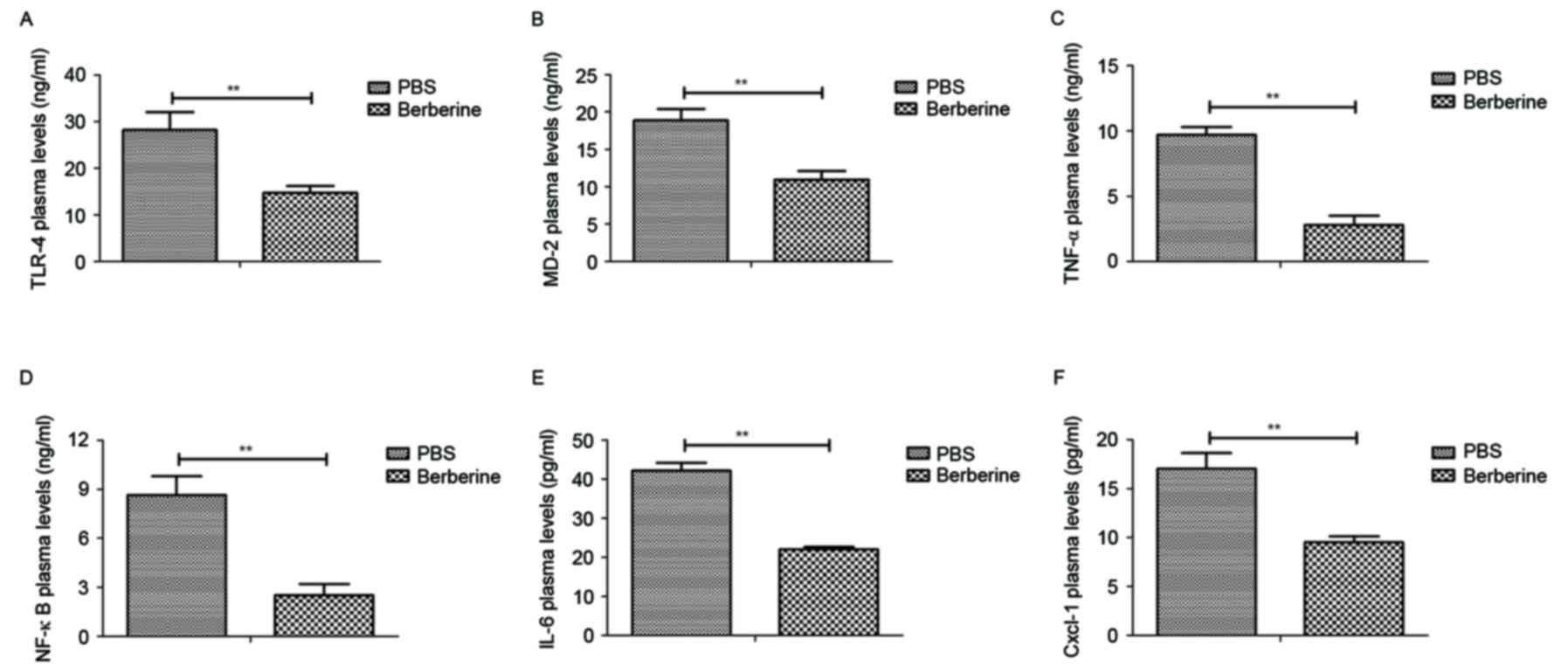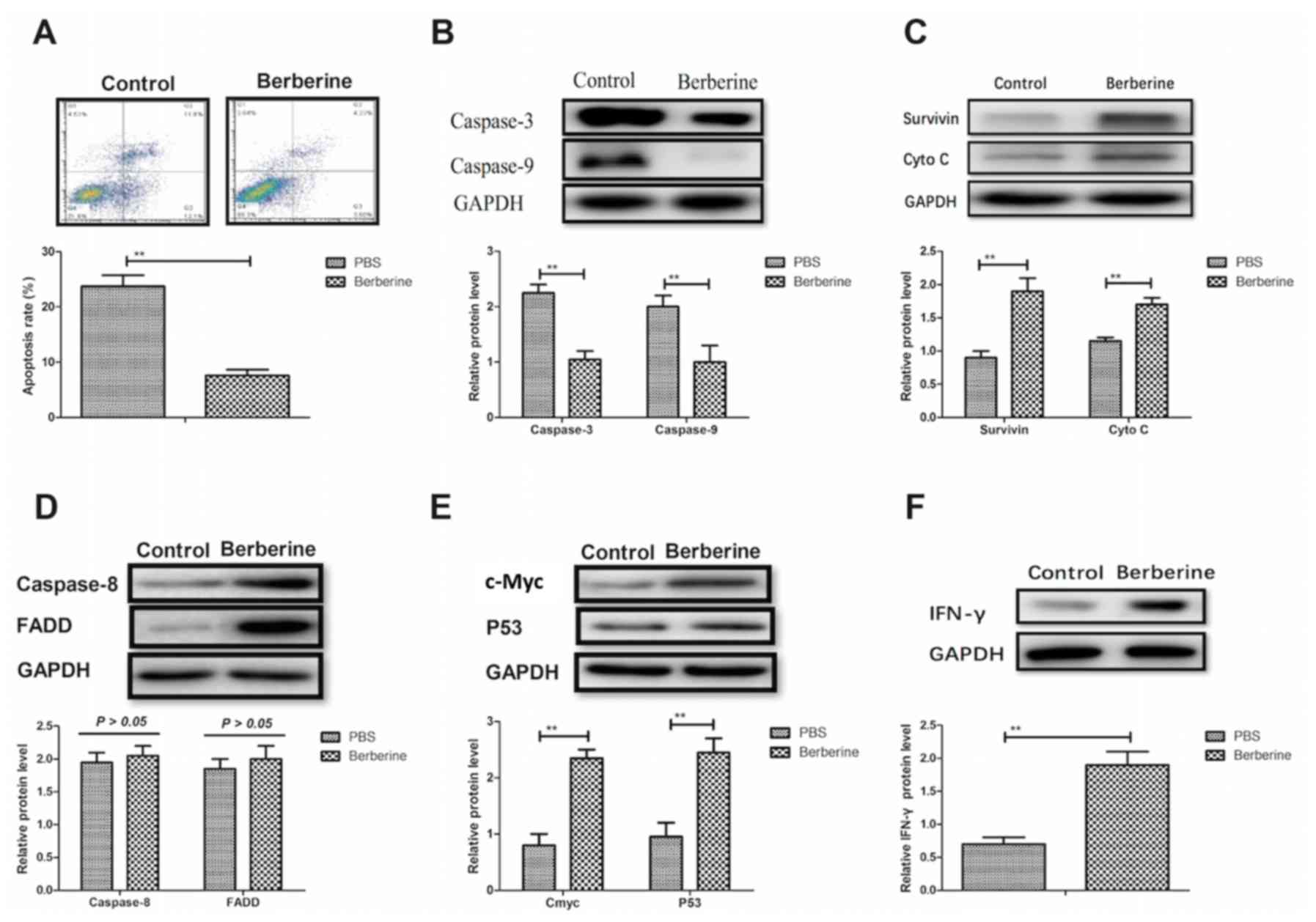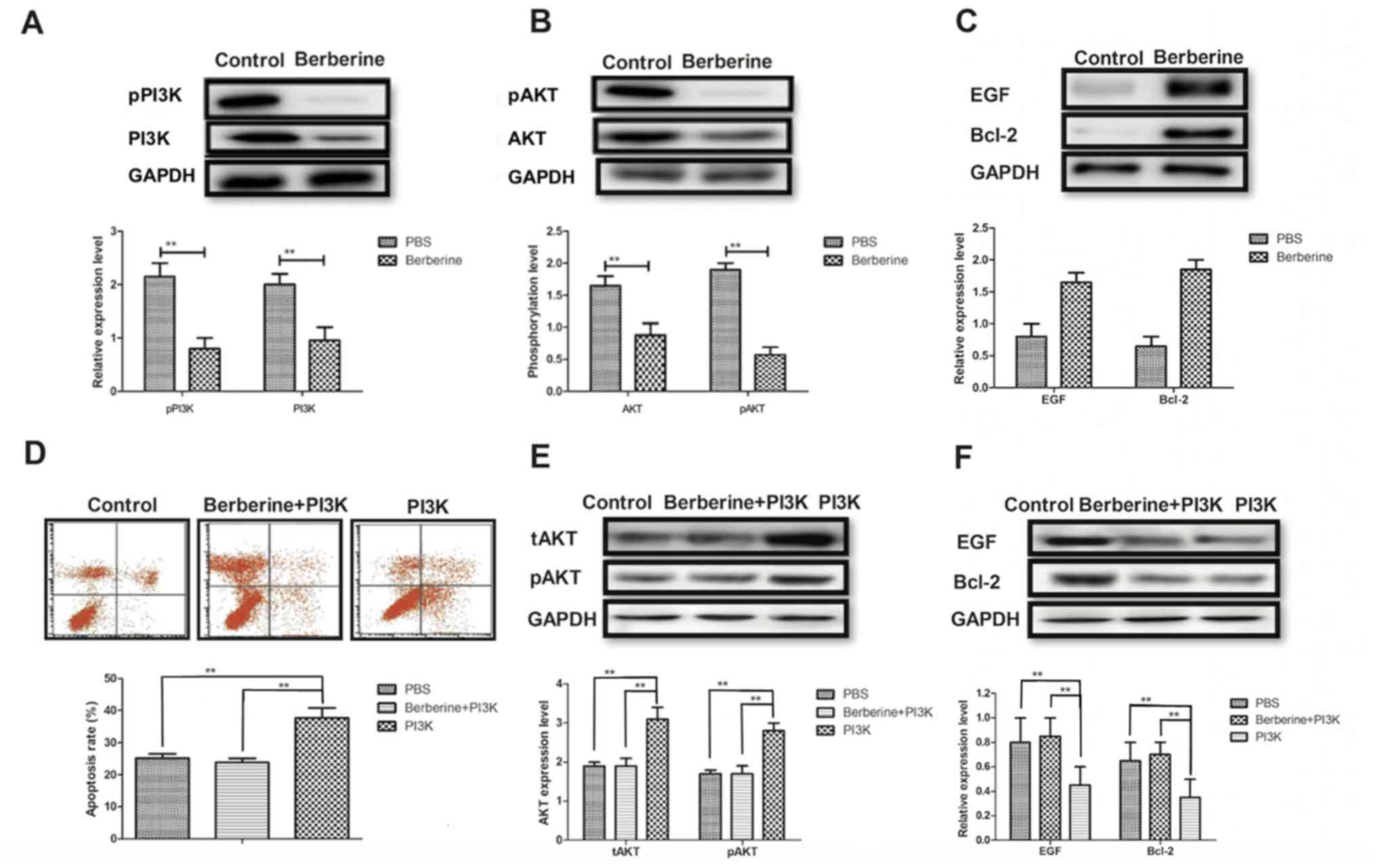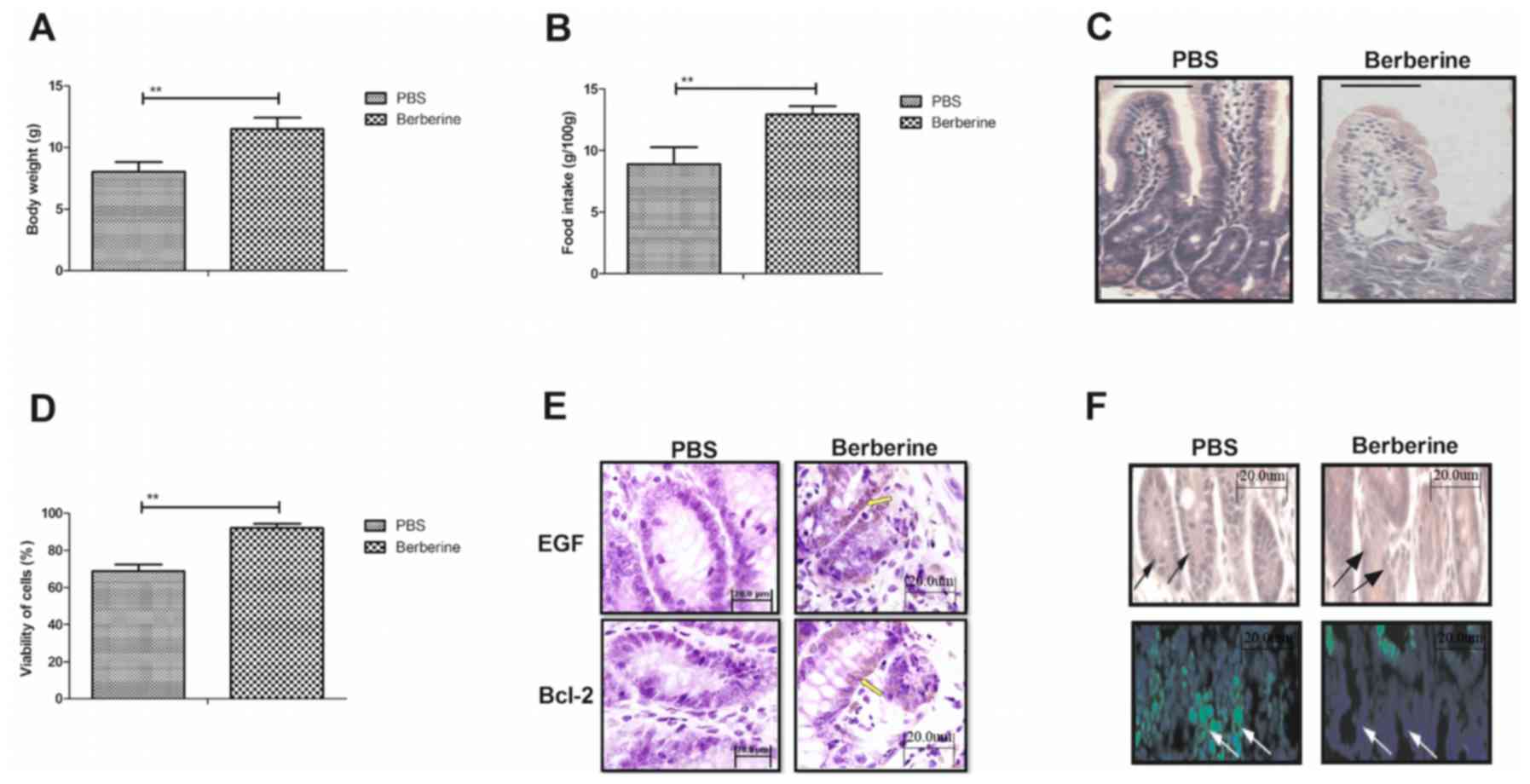|
1
|
Barak S, Riskin A, Kugelman A,
Abend-Weinger M, Chistyakov I and Bader D: Necrotizing
enterocolitis in a premature infant as the presenting symptom of
familial dysautonomia in the neonatal period: Case report and
review of the literature. Am J Perinatol. 22:353–355. 2005.
View Article : Google Scholar : PubMed/NCBI
|
|
2
|
Claud EC: Neonatal Necrotizing
enterocolitis-inflammation and intestinal immaturity. Antiinflamm
Antiallergy Agents Med Chem. 8:248–259. 2009. View Article : Google Scholar : PubMed/NCBI
|
|
3
|
Demirbag S: Peer review report 1 on ‘Gene
expression profile of necrotizing enterocolitis model in neonatal
mice’. Int J Surg. 13 Suppl 1:S1832015. View Article : Google Scholar
|
|
4
|
Sharma D and Shastri S: Lactoferrin and
neonatology-role in neonatal sepsis and necrotizing enterocolitis:
Present, past and future. J Maternal Fetal Neonatal Med.
29:763–770. 2016. View Article : Google Scholar
|
|
5
|
Egan CE, Sodhi CP, Good M, Lin J, Jia H,
Yamaguchi Y, Lu P, Ma C, Branca MF, Weyandt S, et al: Toll-like
receptor 4-mediated lymphocyte influx induces neonatal necrotizing
enterocolitis. J Clin Invest. 126:495–508. 2016. View Article : Google Scholar : PubMed/NCBI
|
|
6
|
Ginzel M, Yu Y, Klemann C, Feng X, von
Wasielewski R, Park JK, Hornef MW, Torow N, Vieten G, Ure BM, et
al: The viral dsRNA analogue poly (I:C) induces necrotizing
enterocolitis in neonatal mice. Pediatr Res. 79:596–602. 2016.
View Article : Google Scholar : PubMed/NCBI
|
|
7
|
Caplan MS, Russell T, Xiao Y, Amer M, Kaup
S and Jilling T: Effect of polyunsaturated fatty acid (PUFA)
supplementation on intestinal inflammation and necrotizing
enterocolitis (NEC) in a neonatal rat model. Pediatr Res.
49:647–652. 2001. View Article : Google Scholar : PubMed/NCBI
|
|
8
|
Nanthakumar NN, Fusunyan RD, Sanderson I
and Walker WA: Inflammation in the developing human intestine: A
possible pathophysiologic contribution to necrotizing
enterocolitis. Proc Natl Acad Sci USA. 97:pp. 6043–6048. 2000;
View Article : Google Scholar : PubMed/NCBI
|
|
9
|
Chan KL, Wong KF and Luk JM: Role of
LPS/CD14/TLR4-mediated inflammation in necrotizing enterocolitis:
Pathogenesis and therapeutic implications. World J Gastroenterol.
15:4745–4752. 2009. View Article : Google Scholar : PubMed/NCBI
|
|
10
|
Guner YS, Franklin AL, Chokshi NK, Castle
SL, Pontarelli E, Wang J, Wang L, Prasadarao NV, Upperman JS,
Grishin AV and Ford HR: P-glycoprotein induction by breast milk
attenuates intestinal inflammation in experimental necrotizing
enterocolitis. Lab Invest. 91:1668–1679. 2011. View Article : Google Scholar : PubMed/NCBI
|
|
11
|
Arciero JC, Ermentrout GB, Upperman JS,
Vodovotz Y and Rubin JE: Using a mathematical model to analyze the
role of probiotics and inflammation in necrotizing enterocolitis.
PloS One. 5:e100662010. View Article : Google Scholar : PubMed/NCBI
|
|
12
|
Jiang Q, Liu P, Wu X, Liu W, Shen X, Lan
T, Xu S, Peng J, Xie X and Huang H: Berberine attenuates
lipopolysaccharide-induced extracelluar matrix accumulation and
inflammation in rat mesangial cells: Involvement of NF-κB signaling
pathway. Mol Cell Endocrinol. 331:34–40. 2011. View Article : Google Scholar : PubMed/NCBI
|
|
13
|
Huang LG, Zhou W, Rong X, Tao L and Lu WN:
Effects of glycomacropeptide on damage to intestinal tissue and
apoptosis of intestinal epithelial cells in neonatal rats with
necrotizing enterocolitis. Zhonghua Er Ke Za Zhi. 50:536–542.
2012.(In Chinese). PubMed/NCBI
|
|
14
|
Jilling T, Lu J, Jackson M and Caplan MS:
Intestinal epithelial apoptosis initiates gross bowel necrosis in
an experimental rat model of neonatal necrotizing enterocolitis.
Pediatr Res. 55:622–629. 2004. View Article : Google Scholar : PubMed/NCBI
|
|
15
|
Clark JA, Lane RH, Maclennan NK, Holubec
H, Dvorakova K, Halpern MD, Williams CS, Payne CM and Dvorak B:
Epidermal growth factor reduces intestinal apoptosis in an
experimental model of necrotizing enterocolitis. Am J Physiol
Gastrointest Liver Physiol. 288:G755–G762. 2005. View Article : Google Scholar : PubMed/NCBI
|
|
16
|
Feng J, El-Assal ON and Besner GE:
Heparin-binding epidermal growth factor-like growth factor reduces
intestinal apoptosis in neonatal rats with necrotizing
enterocolitis. J Pediatr Surg. 41:742–747. 2006. View Article : Google Scholar : PubMed/NCBI
|
|
17
|
Chen K, Li G, Geng F, Zhang Z, Li J, Yang
M, Dong L and Gao F: Berberine reduces ischemia/reperfusion-induced
myocardial apoptosis via activating AMPK and PI3K-Akt signaling in
diabetic rats. Apoptosis. 19:946–957. 2014. View Article : Google Scholar : PubMed/NCBI
|
|
18
|
Medical Ethics Committee of Zhongnan
Hospital of Wuhan University. Medical ethics committee (Internet).
http://www.znhospital.cn/llwyh/4882.jhtmlOctober
28–2017
|
|
19
|
Jung K, Kim JH, Cheong HS, Shin E, Kim SH,
Hwang JY, Lee E, Yoon MO, Kim SH, Sio CA, et al: Gene expression
profile of necrotizing enterocolitis model in neonatal mice. Int J
Surg. 23:28–34. 2015. View Article : Google Scholar : PubMed/NCBI
|
|
20
|
Hammers AL, Sanchez-Ramos L and Kaunitz
AM: Antenatal exposure to indomethacin increases the risk of severe
intraventricular hemorrhage, necrotizing enterocolitis, and
periventricular leukomalacia: A systematic review with
metaanalysis. Am J Obste Gynecol. 212:505.e1–13. 2015. View Article : Google Scholar
|
|
21
|
Pedersen J, LaCasse EC, Seidelin JB,
Coskun M and Nielsen OH: Inhibitors of apoptosis (IAPs) regulate
intestinal immunity and inflammatory bowel disease (IBD)
inflammation. Trends Mol Med. 20:652–665. 2014. View Article : Google Scholar : PubMed/NCBI
|
|
22
|
Kim M, Shin MS, Lee JM, Cho HS, Kim CJ,
Kim YJ, Choi HR and Jeon JW: Inhibitory effects of Isoquinoline
Alkaloid Berberine on ischemia-induced apoptosis via activation of
phosphoinositide 3-kinase/protein kinase B signaling pathway. Int
Neurourol J. 18:115–125. 2014. View Article : Google Scholar : PubMed/NCBI
|
|
23
|
Liu LL, Lin LR, Lu CX, Fu JG, Chao PL, Jin
HW, Zhang ZY and Yang TC: Expression of inflammatory and apoptosis
factors following coronary stent implantation in coronary heart
disease patients. Int Immunopharmacol. 11:1850–1854. 2011.
View Article : Google Scholar : PubMed/NCBI
|
|
24
|
Loubele ST, Spek CA, Leenders P, van Oerle
R, Aberson HL, Hamulyák K, Ferrell G, Esmon CT, Spronk HM and ten
Cate H: Activated protein C protects against myocardial
ischemia/reperfusion injury via inhibition of apoptosis and
inflammation. Arterioscler Thromb Vasc Biol. 29:1087–1092. 2009.
View Article : Google Scholar : PubMed/NCBI
|
|
25
|
Wang LH, Yu CH, Fu Y, Li Q and Sun YQ:
Berberine elicits anti-arrhythmic effects via IK1/Kir2.1 in the rat
type 2 diabetic myocardial infarction model. Phytother Res.
25:33–37. 2011. View
Article : Google Scholar : PubMed/NCBI
|
|
26
|
Zhang Y, Li X, Zhang Q, Li J, Ju J, Du N,
Liu X, Chen X, Cheng F, Yang L, et al: Berberine hydrochloride
prevents postsurgery intestinal adhesion and inflammation in rats.
J Pharmacol Exp Ther. 349:417–426. 2014. View Article : Google Scholar : PubMed/NCBI
|
|
27
|
Salmina AB, Shul'man VA, Nikulina SY,
Trufanova LV, Fursov AA, But'yanov PA, Kuskaev AP, Bol'shakova EV
and Kotlovskii MY: Apoptosis of leukocytes as a marker of
neutrophil-endotheliocyte interaction in coronary heart disease.
Bull Exp Biol Med. 144:39–41. 2007.(In English, Russian).
View Article : Google Scholar : PubMed/NCBI
|
|
28
|
Geng YJ: Molecular mechanisms for
cardiovascular stem cell apoptosis and growth in the hearts with
atherosclerotic coronary disease and ischemic heart failure. Ann N
Y Acad Sci. 1010:687–697. 2003. View Article : Google Scholar : PubMed/NCBI
|


















